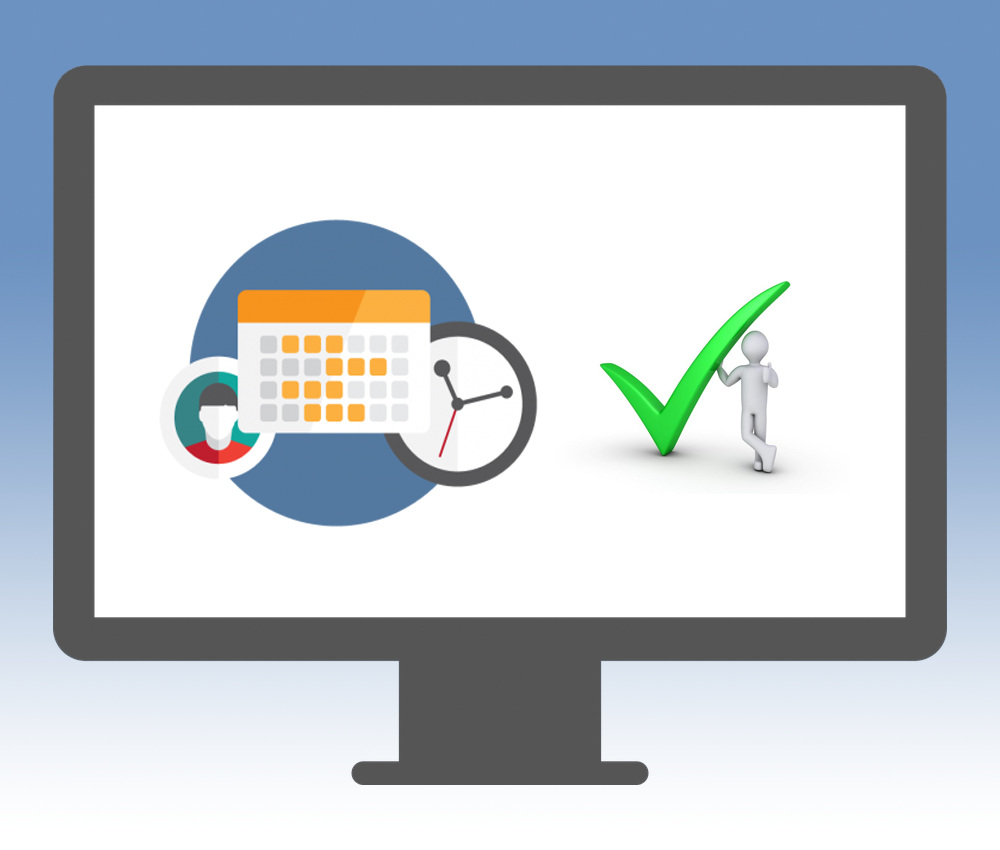
Recommended Timekeeping Internal Controls:
1. Detailed instructions for timesheet preparation should be established through a timekeeping manual and/or company procedure.
2. A contractor’s timekeeping policy should have proper segregation of responsibilities for labor-related activities.
3. Company procedures should be clearly stated and reasonable so that there is no confusion as to their purpose.
4. The maintenance of these internal controls must be continually verified.
5. Violations must be remedied through prompt and effective action.
6. The importance of proper timesheet preparation should be emphasized, and awareness of timesheet policy must be made clear through proper posting of signs throughout the workplace (and/or within the employee electronic timesheet system).
Timesheet Entry Policy:
1. Time should be recorded on a daily basis.
2. The timesheet should be filled out by the employees themselves. If using timesheet software, the employee must enter an electronic signature to verify their identity.
3. Time should be distributed by project numbers, contract number or name.
4. Timesheet systems should provide a listing of project numbers and their descriptions electronically or in a hard copy for the employee to refer to it as needed.
5. If there are changes to a timesheet, there should be procedures in place that identify the original time charge, the corrected time charge, and documentation from the employee indicating their concurrence with the change.
6. All hours worked should be recorded whether they are paid or not. This is necessary because labor costs and associated overheads are affected by total hours worked, not just paid hours worked.
7. The hours on each timesheet must be approved and certified to reflect the hours worked and the appropriate cost objective at the end of each work period.
Recommended Timekeeping Policy:
1. The supervisor should approve and cosign, all timesheets.
2. Only the employee themselves may complete their timesheet. The supervisor is prohibited from completing an employee’s timesheet unless the employee is absent for a prolonged period of time on some form of authorized leave. If the employee is on travel status, the supervisor for the employee may prepare a timesheet. Upon his or her return, the employee should turn in his/her timesheet and attach it to the one prepared by the supervisor.
3. The guidance should state that the nature of the work determines the proper distribution of time, not availability of funding, type of contract, or other factors.
4. The company policy should state that the accurate and complete preparation of timesheets is the employee’s responsibility. Careless or improper preparation may lead to disciplinary actions under company policies and applicable federal statutes.
Be Ready for a DCAA Floor Check:
Labor evaluations are unannounced and auditors will not call in advance to let you know they are coming or ask for a convenient time to meet. The auditor will arrive at your location and request to meet with the point of contact. They will likely:
- Evaluate timekeeping procedures/internal controls.
- Request to interview employees at their assigned workstations.
- Conduct employee interviews discussing the nature of work performed.
- Analyze employee timekeeping practices.
- Reconcile labor charges with subsequent payroll and labor distribution records.
Why does the DCAA perform these floor checks?
- To test for compliance with timekeeping controls. Deficiencies are addressed on a real-time basis.
- Analysis of current labor charging and cost allocation practices.
- In support of Incurred Cost Audits, performed at a later date: 1.) To determine the accuracy of labor charges to contracts, indirect accounts, or other cost objectives, and 2.) Evaluation is performed on a real-time basis since employees are more likely to remember recent events.
To learn more about how to set up a DCAA compliant timekeeping system, contact JAMIS at info@jamis.com. Or for more information about JAMIS Prime Timesheets and how they help government contractors achieve compliance, visit our website HERE.
